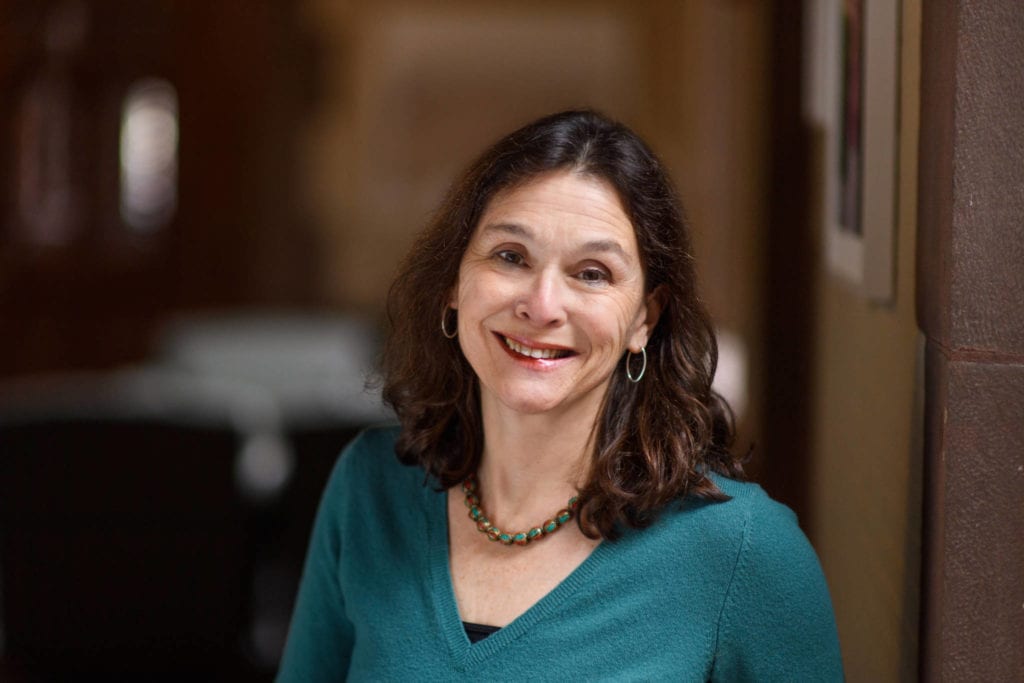Like many of us, Esther Schor and Hal Foster have been reflecting on how to thrive in this precarious pandemic moment. As recipients of the 2020 Howard T. Behrman Award for Distinguished Achievement in the Humanities, Schor and Foster bring decades of accumulated wisdom to questions of how art and literature help us to surmount trials.

As the Townsend Martin Class of 1917 Professor of Art and Archaeology, Foster has been writing on art in states of emergency for the better part of his career. His books examine everything from the cultural politics following 9/11 to art that responds to WWI and the rise of fascism. His most recent project, Brutal Aesthetics, suggests that in the wake of WWII, the Holocaust, and the atomic bomb, modernist artists offer a “positive barbarism” that can “teach us to survive if need be” when faced with a civilization in crisis.
Schor is the Leonard L. Milberg ’53 Professor of American Jewish Studies and English and the inaugural Behrman Professor in the Humanities. In May, President Eisgruber appointed her to serve as the next Chair of the Humanities Council, starting in June 2021. Schor published her book on Esperanto, a language devised to enable communication around the globe, with almost prophetic timing just before the election of 2016. “All people could talk about was how people couldn’t talk to each other,” she recollects. This tense backdrop could not have been more fitting for her portrait of a man whose primary goal to “invent a way for people to talk to each other.” As she attests in the book, Bridge of Words: Esperanto and the Dream of a Universal Language, Esperanto was created not as a mere linguistic experiment, but rather as a “helping language” with profound political aims to bridge tribalism and particularity.

It is fitting that these two scholars should be acknowledged with the Behrman award now. Howard T. Behrman, for whom this award is named, shared a similar belief in the power of the humanities. In addition to creating the multimillion-dollar endowment, he bequeathed his impressive collection of American literature, assembled over a quarter-century, to Firestone Library. “He was a remarkable man,” says Schor, “and it is an honor to be part of that legacy.”
While some fear the decline of the humanities, Schor and Foster feel assured of their longevity. Foster acknowledges that, statistically, undergraduates are moving away from the humanities: “We can call that move a crisis if we want, but I don’t see a crisis in the humanities in intellectual terms. It’s a very rich period filled with extraordinary projects.” Schor feels that the importance of the humanities is especially clear amid present uncertainty. “Every day I get a flow of articles about the humanities and the pandemic, race, crisis, Trump,” explains Schor, “and I’m brought back to the idea that when we’re in a time that is unpredictable, the humanities are the way that we try to make sense of it, and to endure and survive it. If there is any evidence that the humanities are essential, crucial in guiding us, this has to be it.”















